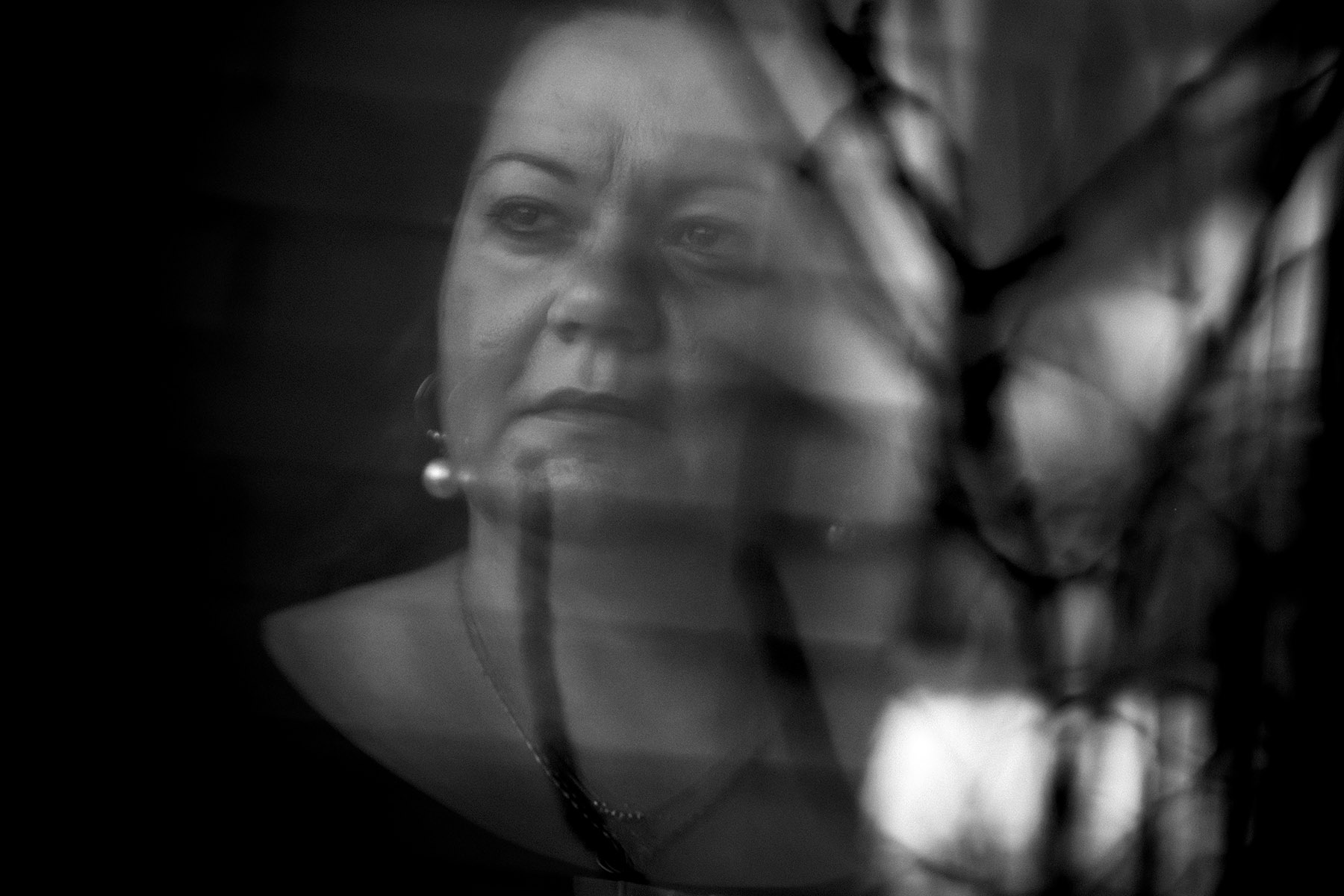- Future Students
- Current Students
- Faculty
- Staff
- Alumni
- Others
Exploring political violence in Latin America
University of Guelph-Humber instructor and award-winning author and playwright Dr. Martha Batiz left Mexico for Canada in 2000. She has not been happy to see how her beloved native country has changed in the decades since.
“The Mexico that we have now doesn’t resemble the Mexico I grew up in. It’s not at all the same country,” Dr. Batiz reflected.
“When I left, violence was only starting to surface and become a problem. I am very sorry that the governments we’ve had since then and society at large didn’t really do anything to stop it when it was just beginning to brew. Now, we have a problem that is major and disastrous in terms of inequality and poverty. The social problems we have in Mexico now are huge and they are very varied.

“I feel terrible of course, and I’m very concerned. I have seen how it has worsened year by year. Mexican people are incredibly generous, nice, kind-hearted people, and most of them are victims of this. They are hard-working and decent and dealing with this monster that no one knows how to stop.”
This is one of the topics Dr. Batiz is covering at UofGH’s Winter 2020 Feature Lecture event: “An Author’s Journey: Exploring the Political Violence of Latin America.” The plight of innocent Mexican people victimized by organized crime and the violence of drug cartels is only one of the fascinating areas that Dr. Batiz is addressing.
Exploring social injustice and political violence
Dr. Batiz’s doctoral research looked at the political violence in Latin American theatre in the second half of the 20th century. She researched how the creators of that theatre subtly integrated certain themes into plays in countries that were under military dictatorships – Argentina and Chile – as well as in Mexico.
Because plays being staged under dictatorships and oppressive regimes were heavily censored, actors and directors had to be especially creative in order to express messages of protest and discontent – otherwise, they faced jail or even death.
“My research looked at how they used music, how they used sound, how they used certain gestures or symbolism that could not be detected on paper, but when they were actually staging the plays, the people in the theatre would understand exactly what they were talking about or trying to say,” she explained.
When Dr. Batiz travelled to Argentina and Chile to perform that research, she was “very shaken” by what she found. She visited torture centres and interviewed torture survivors. She was overwhelmed by the number of people who disappeared under the dictatorial regimes.
Dr. Batiz, an accomplished author who has won many awards in Canada and Mexico for her short stories and plays, found herself wanting to bring some of the discoveries that came out of her research into her writing.
“That left such a deep impression in me and a way to exercise that was to actually write about it and bring it into my own fiction – in a very respectful way, I have to add, because this is a very delicate matter,” Dr. Batiz said. “I always try to do it in a very respectful way: to the stories, to history, and to the victims of these horrible deeds.”
An early start
Dr. Batiz began writing and publishing at age 22, and by the next year she had received her first scholarship for creative writing. Under the tutelage of one of Mexico’s best writers at the time, Dr. Batiz went from one scholarship to the next and workshopped with classmates who went on to become the best Mexican writers of their generation.
She was also one of the first Mexican writers to tackle an important issue.
“At the time, violence against women was not something that was talked about, and I was one of the first ones who started writing about it openly,” she said. “I was exploring all these raw emotions at a time when they were not popular. I was lucky that there was an openness to that. Because I find that now, the market and readers are more welcoming of that and actually demanding that to satisfy a need to create awareness regarding this problem.
“All I can say is I’m very grateful.”
At the University of Guelph-Humber, Dr. Batiz teaches the Electives course, “Spanish Language & Culture.” The wide-ranging course spans history, geography, culture, art, music, and language. Students learn the basics of Spanish grammar and leave armed with enough knowledge of the region to have a richer experience should they ever travel there.
One theme of the class, and of Dr. Batiz’s lecture, is that despite the violence she’s described in the region, Latin America is ultimately a joyful place.
“I like to make it a fun course,” she said. “Just because I’m talking about the social problems and the violence in Latin America, it doesn’t mean everything about it is violent and awful.
“There are problems in every country and every society. I think what makes Spanish people special is that in spite of everything, we manage to be one of the most happy populations.”







